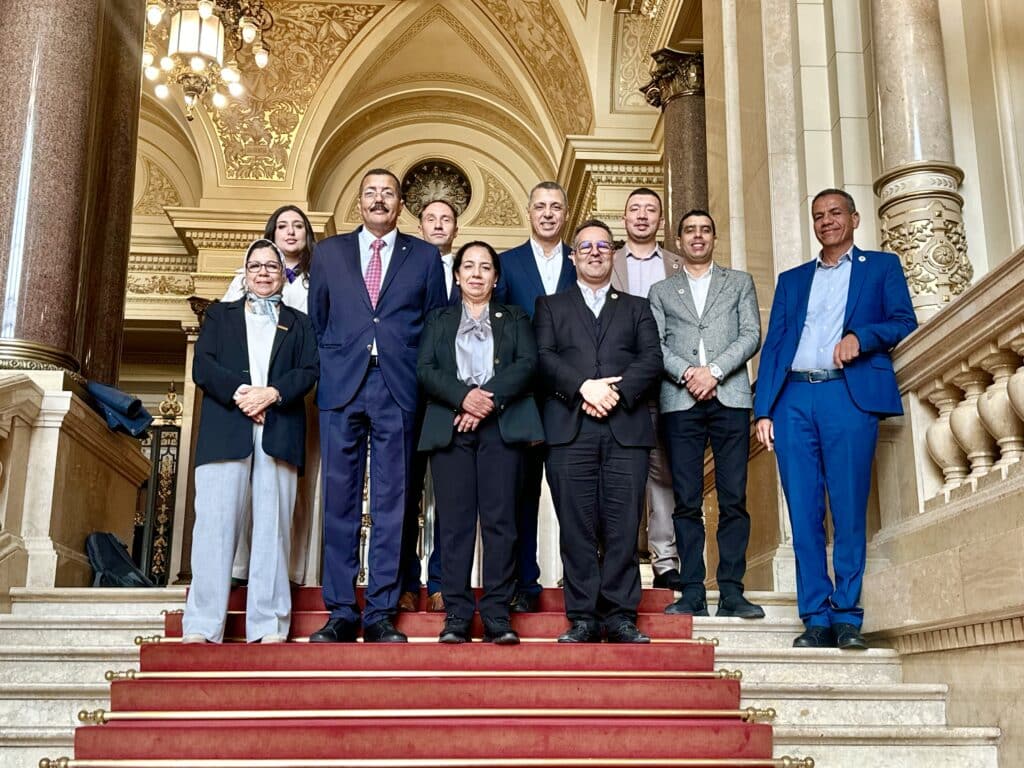
From June 15 to 18, 2025, the global public transport community convened in Hamburg for the UITP Summit—one of the most significant international forums for sustainable mobility. To share Morocco’s ambitious vision and showcase concrete achievements, a delegation of representatives from the Moroccan Ministry of Energy Transition and Sustainable Development (MTEDD), the Ministry of the Interior, the City of Agadir, and the Souss-Massa region participated and actively engaged in various sessions at the conference.
Morocco’s participation reflects a strategic approach grounded in the Kingdom’s international climate commitments. With the transport sector responsible for around 31% of national CO₂ emissions and 38% of final energy consumption, Morocco recognises that transitioning to climate-friendly mobility is vital not only for achieving environmental and climate objectives but also for fostering socio-economic development. Mobility is thus central to the country’s sustainable development agenda, as articulated in its National Sustainable Development Strategy 2030 and National Climate Plan.
Morocco’s energy transition is a key enabler of its sustainable mobility ambitions. Its commitment to achieving 52% renewable energy in the electricity mix by 2030 and 80% by 2050 provides a strong foundation for developing low-emission, electrified transport systems powered by clean energy. Large-scale initiatives such as the Noor Ouarzazate solar complex illustrate the potential for renewable energies to power sustainable mobility.
The integration of clean energy with transport systems—a core topic at the UITP Summit 2025—finds fertile ground for implementation in Morocco. Farah Bouqartacha, Director of Strategy and Sustainable Development at the MTEDD, highlighted Morocco’s holistic vision during the panel session ’Leading the way: Reducing carbon emissions from public transport infrastructures’, emphasising the close integration of clean energy production and transport planning in Morocco. This cross-sectoral approach—moving beyond isolated initiatives—is a key strength of Morocco’s sustainable development strategy.
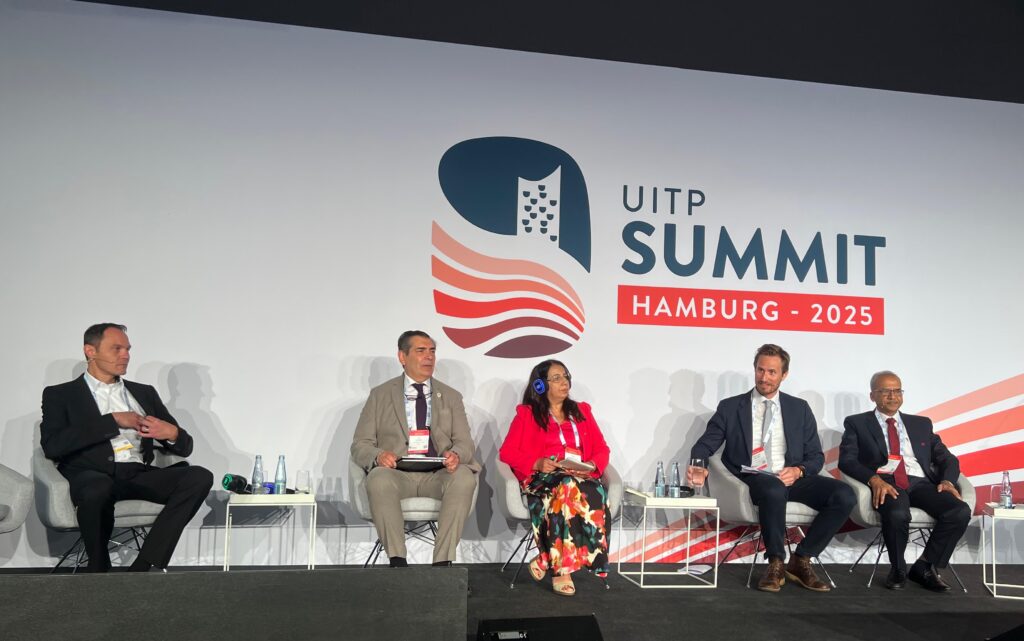
Morocco’s presence at the UITP Summit 2025 was backed by tangible achievements. The Al Boraq high-speed train between Tangier and Casablanca—the first in Africa—symbolises the country’s capacity for large-scale infrastructure. The line is currently being extended to Marrakesh, with plans to reach Agadir in the future. Tram systems in Rabat and Casablanca, along with operational and planned Bus Rapid Transit (BRT) infrastructure in Agadir and Casablanca, reflect a pragmatic and modern mobility strategy. In the panel ’Accelerating Public Transport Development in Africa”, Jamal Damich (GAMDU) presented Greater Agadir’s sustainable mobility strategy, highlighting key developments such as BRT Line 1, cycling infrastructure, bus fleet modernisation, and smart transport systems.
In an exchange with Dr. Arne Beck, Managing Director of the Schleswig-Holstein Regional Public Transport Association (NAH.SH GmbH), the Moroccan delegation explored measures for improving public transport systems. Their discussion focused on the integration and management of public transport at the regional level, covering strategies for coordinating various transport services, integrated ticketing, and digital solutions aimed at improving user experience and system efficiency.
A highlight was the exchange on the “Germany ticket” (Deutschlandticket), a nationwide public transport pass (including regional, suburban and underground trains, trams, and buses) priced at 59 euros per month, designed to simplify ticketing and encourage the use of public transit across regional and local networks. The ticket’s goal is to make public transport more accessible and affordable, thereby reducing reliance on private vehicles and contributing to climate-friendly mobility. These topics are particularly relevant to Morocco’s ongoing efforts to develop and strengthen its regional public transport networks.
As host country to the upcoming 2025 Africa Cup of Nations and 2030 FIFA World Cup, Morocco has gained additional momentum for its sustainable mobility transformation, driving investment and encouraging innovative technical solutions. Efficient transport planning for such major sporting events requires the integration of multiple transport modes—an aspect Morocco is now actively developing.
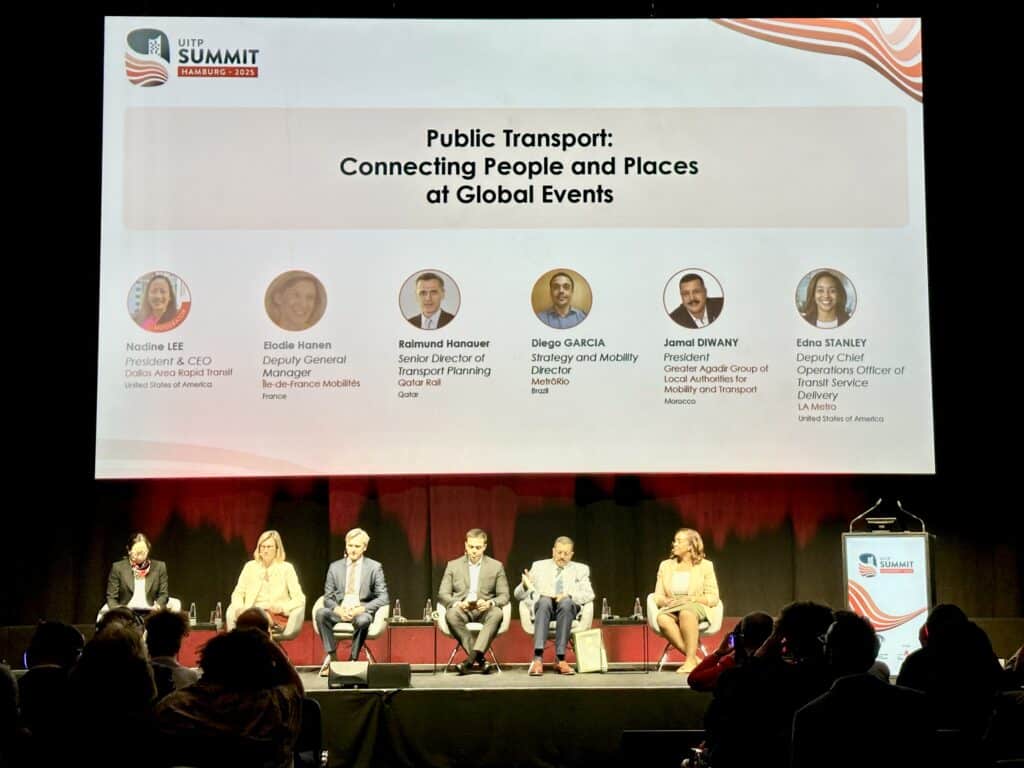
Against this backdrop, Jamal Diwany, President of the Greater Agadir Group of Local Authorities for Mobility and Transport, and Abdellah Taouil of the Wilaya of Souss-Massa participated in the panel sessions ’Public Transport: Connecting People and Places at Global Events’ and ’Can Mass Sporting Events Accelerate Mass Transit Procurement and Urban Mobility Development? – Insights from Morocco, Germany, and Brazil.’ The latter had been organised by the Transformative Urban Mobility Initiative (TUMI) at the EU Global Gateway booth. The Moroccan delegates shared insights on how the Greater Agadir agglomeration is currently preparing its mobility infrastructure for the upcoming major sporting events. Insights from Hamburg’s experience with the UEFA Euro 2024 and perspectives from Brazil, France, and the USA provided valuable guidance for Morocco’s preparations.
At the end of the UITP Summit, on 19 June, the Moroccan delegation had the opportunity to visit the Port of Hamburg and meet with State Councillor Martin Bill from the Hamburg Authority for Transport and Mobility Transition.
At the Port of Hamburg, one of Europe’s largest and most advanced ports, the delegation was welcomed by the Hamburg Port Authority. The visit focused on the port’s forward-looking sustainability agenda and the 2040 Hamburg Port Development Plan, including the integration of renewable energies, the role of green hydrogen in the future energy system, and innovative approaches to sustainable logistics. This exchange provides a basis for joint initiatives in green port development and sustainable logistics, particularly in light of Morocco’s Atlantic Initiative and the strategic importance of Tanger Med, the largest port in Africa.
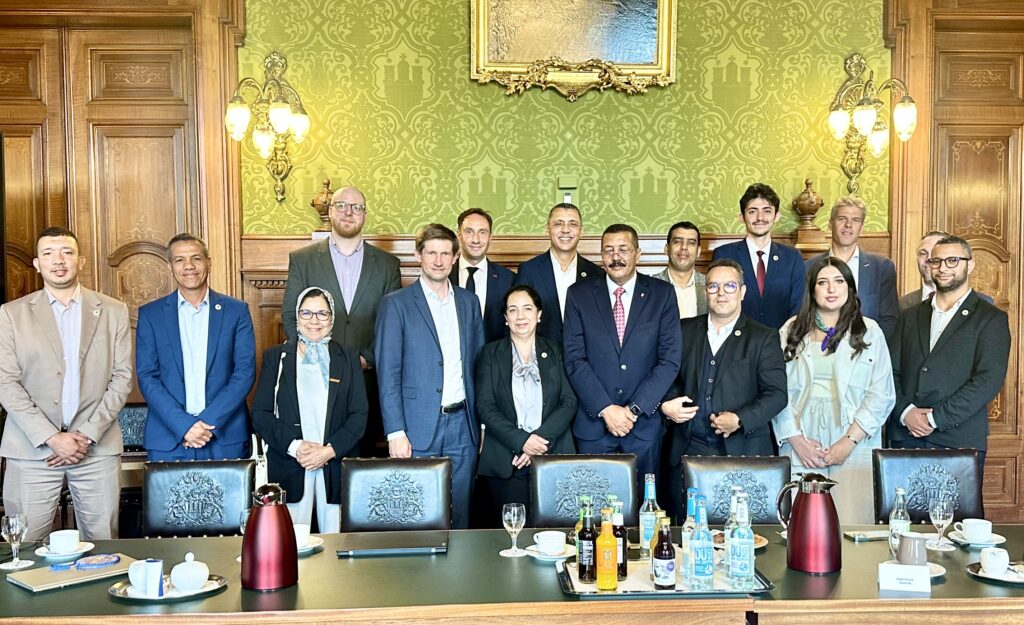
With its extensive and well-integrated public transport network and innovative mobility approaches, Hamburg offered the Moroccan delegation more than just a venue for the UITP Summit—it embodied many of Morocco’s own aspirations for sustainable urban mobility transformation. Morocco’s participation in the UITP Summit 2025 marks a significant milestone in its sustainable mobility journey across Africa and the Mediterranean. Backed by major infrastructure projects and steady progress, the country’s engagement and exchanges with international experts in Hamburg will inform strategic planning for future sustainable development initiatives at home.
The Sustainable Mobility with Renewable Energies in Morocco (DKTI VI) project is and is commissioned by the German Federal Ministry for Economic Cooperation and Development (BMZ) and implemented by the Deutsche Gesellschaft für Internationale Zusammenarbeit (GIZ) GmbH in partnership with the Moroccan Ministry of Energy Transition and Sustainable Development (MTEDD) and the City of Agadir.
 The Morocco delegation at the UITP Summit 2025 | ©Sebastian Ibold (GIZ)
The Morocco delegation at the UITP Summit 2025 | ©Sebastian Ibold (GIZ)
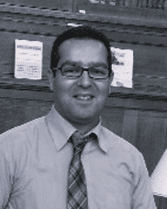
Anass Belakbir
anass.belakbir@giz.de
Visit profile
Nadia Benslima
nadia.benslima@giz.de
Visit profile